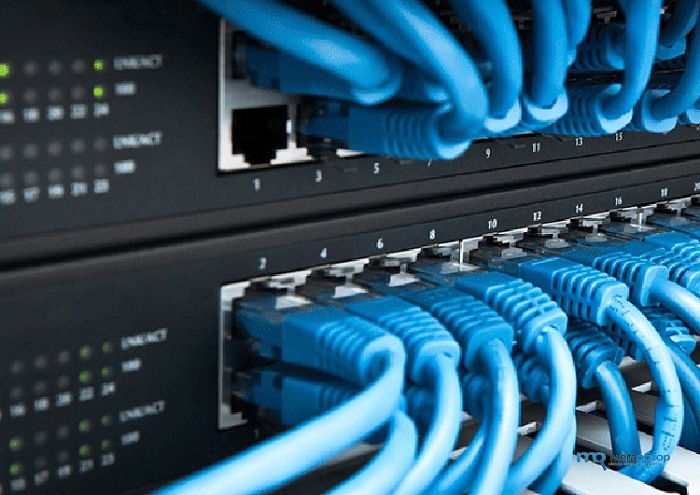The holy month of Ramadan is a period of great spiritual significance for Muslims around the world. This is a period of introspection, devotion, community building and awareness of a personal relationship with Allah.
Central to this experience is the practice of fasting from dawn to dusk, a pillar of Islam that promotes self-discipline, compassion for the less fortunate and a deeper connection with the divine. While the spiritual benefits of fasting are undeniable, maintaining physical well-being throughout the month is equally important for a truly enriching and fulfilling Ramadan. You can always get more information on the website https://world-arabia.com/articles/ramadan-fasting-guide-10-essential-tips-for-a-healthy-fast/.
What is Ramadan?
Ramadan is a time of intense spiritual devotion, introspection and community building, marked by the practice of fasting from dawn to dusk. This holy month marks the first revelation of the Qur’an to the Prophet Muhammad, a significant event that laid the foundation of the Islamic faith.
Fasting during Ramadan provides numerous spiritual and social benefits. By abstaining from food, drink and other physical needs, Muslims embark on a path of self-discipline and self-control, developing empathy and compassion for those less fortunate. This act of sacrifice reminds people of blessings that are often taken for granted and encourages acts of charity and generosity towards the community.
In addition to physical abstinence, Ramadan is a time for deep spiritual reflection and introspection. Muslims engage in intensive prayer, reading the Qur’an and reflecting on their relationship with Allah. This is a period of purifying thoughts and actions, striving for righteousness and seeking forgiveness. An increased focus on spirituality during Ramadan allows Muslims to draw closer to Allah, strengthen their faith, and emerge from the month with a renewed sense of purpose.








